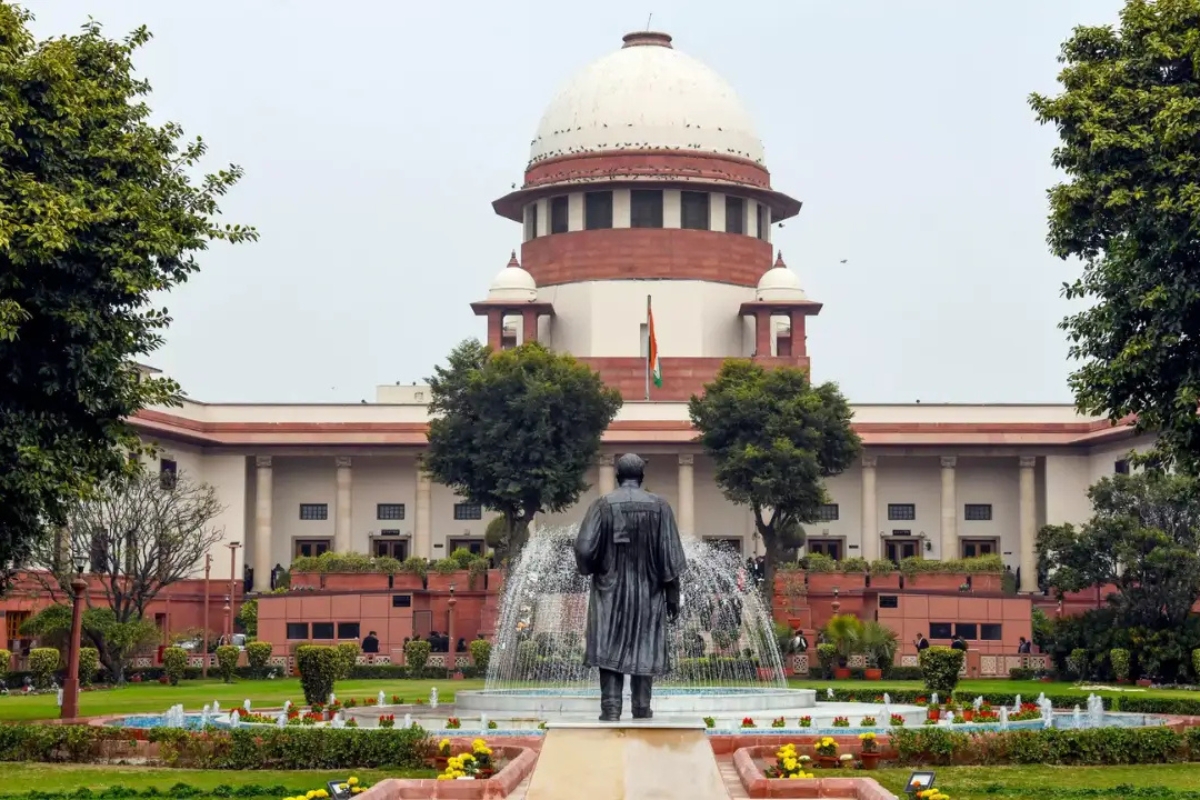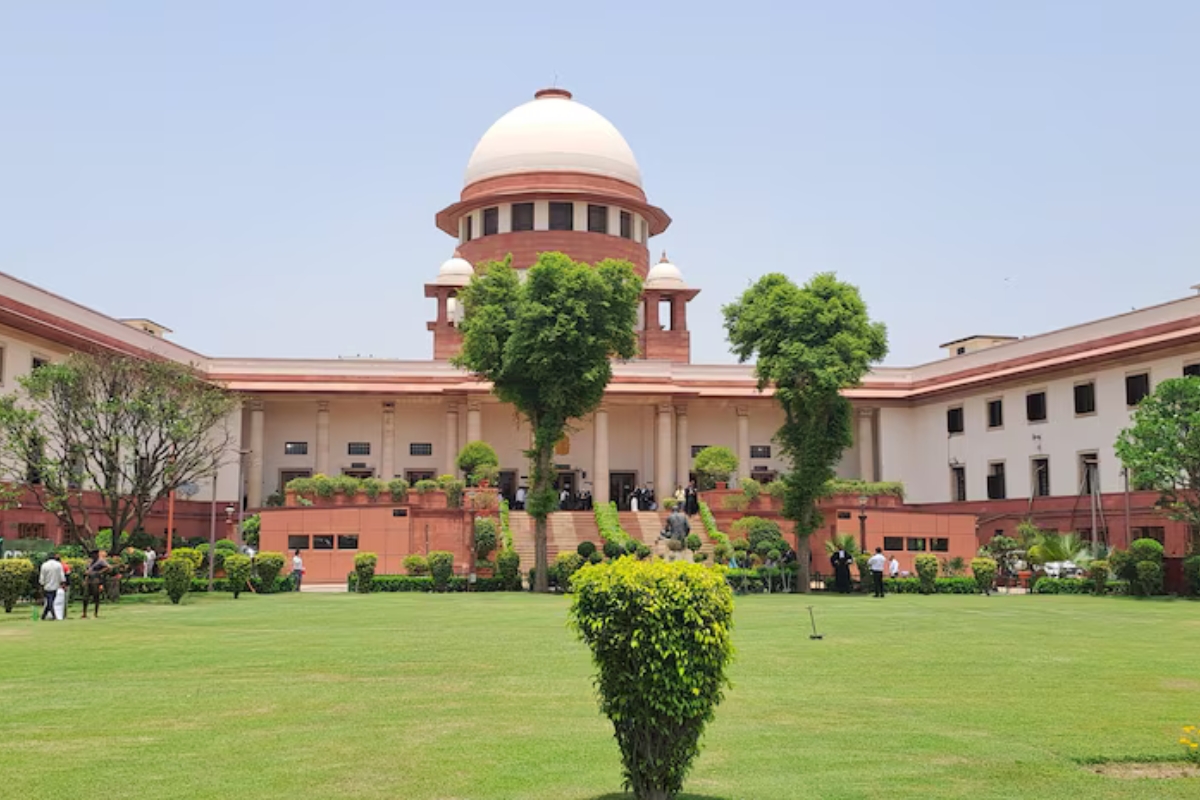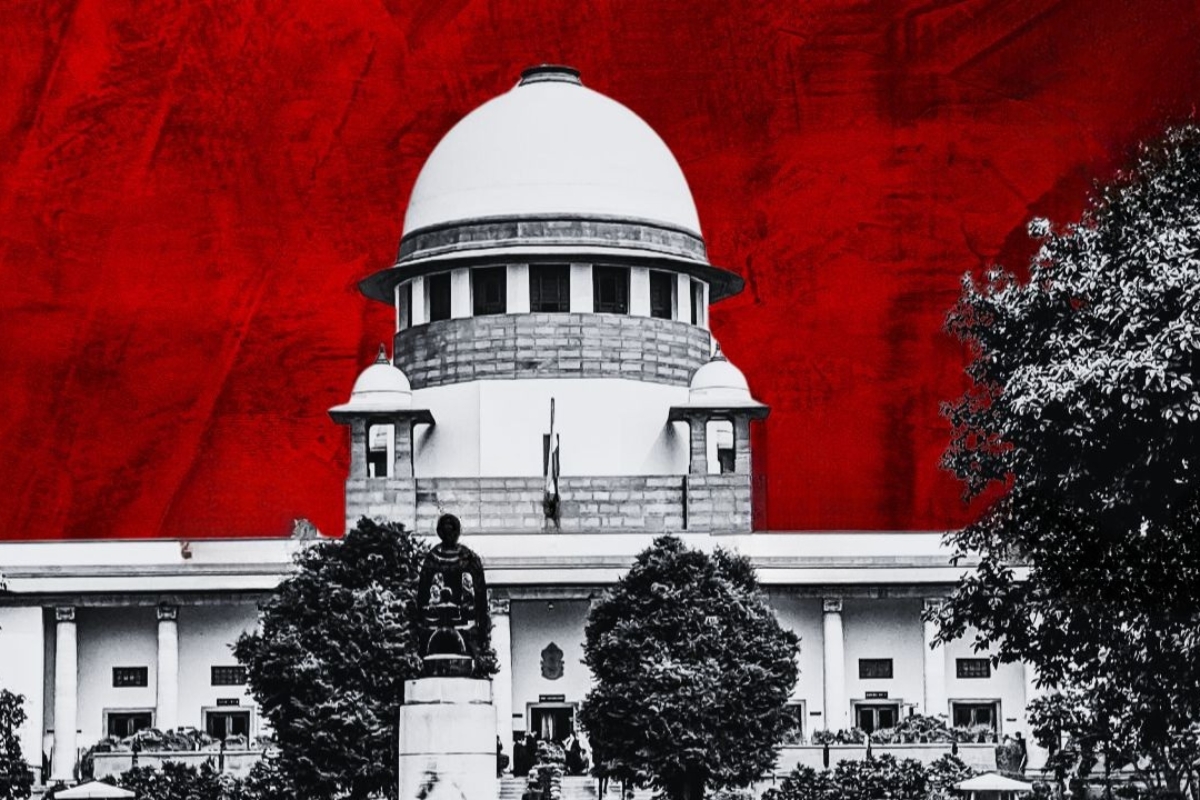In a move that could redefine the boundaries of judicial power in arbitration matters, the Supreme Court of India has delivered a landmark verdict that courts can now not only set aside but also modify arbitration awards under the Arbitration and Conciliation Act, 1996. This decision came after months of legal debate, intense hearings, and careful consideration by a five-judge Constitution Bench.
A Human-Centric Verdict That Could Change the Arbitration
We often think of arbitration as a faster, more efficient alternative to court trials, a way to resolve disputes quietly and quickly. But what happens when even an arbitrator’s decision feels unfair or flawed? For years, Indian courts had the power to set aside such awards but not the authority to modify them. That has now changed with the Supreme Court’s recent judgment.

On Wednesday, in a 4:1 majority ruling, the Constitution Bench led by Chief Justice Sanjiv Khanna concluded that courts do indeed have the power to revise arbitration awards under the 1996 Act. The bench also included Justices BR Gavai, Sanjay Kumar, KV Viswanathan, and Augustine George Masih.
Justice Sanjiv Khanna, delivering the majority opinion, emphasised that while this new power is significant, it must be used with utmost caution and judicial responsibility. The ruling seeks to strike a balance between honouring the autonomy of arbitration and ensuring justice through court intervention when truly necessary.
Domestic and International Implications
The implications of this decision go beyond Indian borders. It will influence both domestic and international arbitration awards involving Indian parties or jurisdictions. This could lead to a more refined and just arbitration system in India, potentially making it a more favourable destination for dispute resolution on a global stage.
The case had been under deliberation since February 19, when the court reserved its verdict after extensive arguments. The hearings began on February 13 and involved some of India’s top legal minds, including Solicitor General Tushar Mehta and senior advocates Arvind Datar, Darius Khambata, Shekhar Naphade, Ritin Rai, Saurabh Kirpal, and Gaurav Banerji.
The Legal Tug-of-War: What Both Sides Argued
Those in favour of judicial modification of arbitration awards argued that Section 34 of the Arbitration and Conciliation Act already gives courts the power to set aside awards for reasons like procedural lapses, breach of public policy, or jurisdictional issues. So why not allow courts to modify those awards instead of scrapping them entirely? They argued that this is a natural extension of judicial discretion.
On the other hand, opponents claimed that the Act does not explicitly mention the word “modification,” and therefore, courts should not assume a power that Parliament never granted. Solicitor General Mehta pointed out that the 1996 Act was designed as a complete and purpose-driven code, and the absence of modification provisions was a conscious legislative choice.
Understanding Section 34 and Why It Matters
Section 34 of the Act is crucial because it provides limited grounds for a court to set aside an arbitration award, such as procedural defects, violations of public policy, or lack of jurisdiction. Section 37, meanwhile, allows appeals against orders that either refuse or allow such challenges.
Both these sections were intended to keep judicial interference minimal, thereby making arbitration a more efficient and self-contained mechanism. But this new ruling now adds another dimension of modification that could offer relief without requiring a complete redo of the arbitration.
A Thoughtful Step Towards Balanced Justice

This verdict opens a new chapter for those who rely on arbitration to resolve disputes but also believe in the corrective hand of the judiciary. It shows that while we value the speed and finality of arbitration, we cannot ignore fairness and justice. This decision by the Supreme Court respects the sanctity of arbitration while acknowledging that sometimes corrections are necessary to serve justice.
Disclaimer: This article is based on information available from the recent Supreme Court judgment and related legal developments. It is written in a human-friendly, simplified format for general informational purposes only. This content does not constitute legal advice. For specific legal matters, please consult a qualified legal professional.
Also Read:
Uniform Civil Code is Not Just Law, It’s Humanity, Says Karnataka HC






